In April, bishops from the ACoC and ELCIC met with Members of Parliament to persuade them to “hold Israeli authorities accountable for human rights abuses under international law.”
Since no one listens to them or cares what they think, the bishops are just as powerless to influence MPs as the MPs are to punish another country for its alleged abuses. That doesn’t stop them trying, though.
The puzzling thing is, why does the ACoC reserve all its pious outrage for Israel? Just like any other country, Israel does things it shouldn’t, but it is still the most humane and democratic country in the Middle East.
Far worse human rights abuses occur in China, Iran, Saudi Arabia, Egypt, North Korea – and so on. We never hear a squeak from our bishops about them.
Are the bishops antisemitic?
Admittedly, the bishops do denounce Uganda because it hasn’t gone full-bore LGBT+. But that is just ugly neocolonialism oozing out from behind a veneer of inclusive, affirming, tolerant diversity.
From here:
 Leaders of Canadian Anglican, Lutheran, United and Presbyterian churches, including Archbishop Linda Nicholls, primate of the Anglican Church of Canada, met with MPs from the Liberal and Conservative parties April 27 to “advocate for a just and lasting peace in Palestine and Israel,” according to a news release issued on a shared Anglican-Lutheran website the same day.
Leaders of Canadian Anglican, Lutheran, United and Presbyterian churches, including Archbishop Linda Nicholls, primate of the Anglican Church of Canada, met with MPs from the Liberal and Conservative parties April 27 to “advocate for a just and lasting peace in Palestine and Israel,” according to a news release issued on a shared Anglican-Lutheran website the same day.
Among other policies, the church leaders requested the government create a special envoy to monitor and report on how children are treated in Israeli-occupied Palestinian territories and to hold Israeli authorities accountable for human rights abuses under international law. They also urged Ottawa to publicly condemn what they called Israel’s attack on Palestinian human rights and civil society organizations.
Nicholls and ELCIC National Bishop Susan Johnson had previously sent a series of letters to the government expressing concerns about violence on the part of the Israeli government and its citizens. In addition to the nation’s treatment of Palestinians, Nicholls has expressed concern over growing anti-Christian sentiment in the wake of the Jan. 13 desecration of the Christian Mount Zion Cemetery. Many of the Christians living in Israel and Palestine are ethnic Palestinians.
The group included Nicholls, along with Johnson; the Rev. Carmen Lansdowne, moderator of the United Church of Canada; and the Rev. Dorcas Gordon, principal emerita of the University of Toronto’s Knox College.
Like this:
Like Loading...
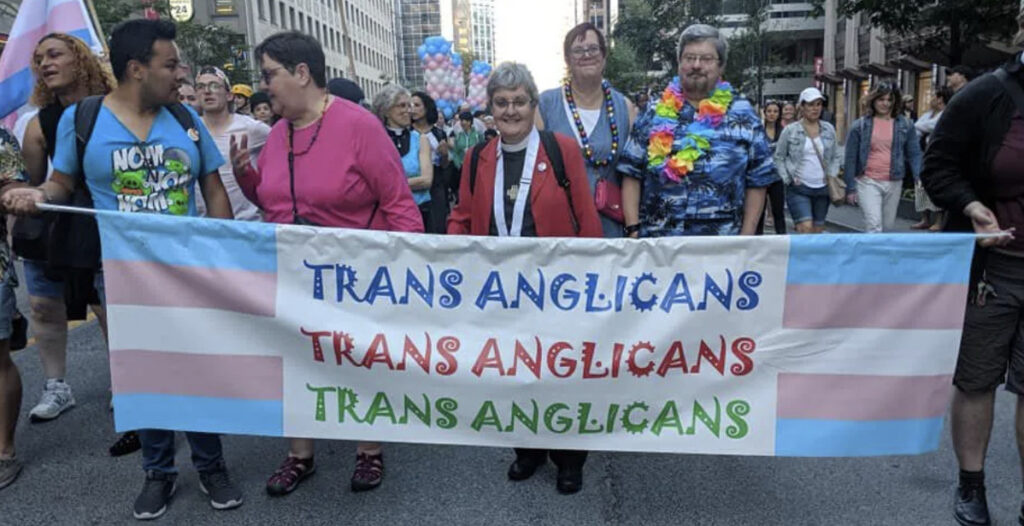


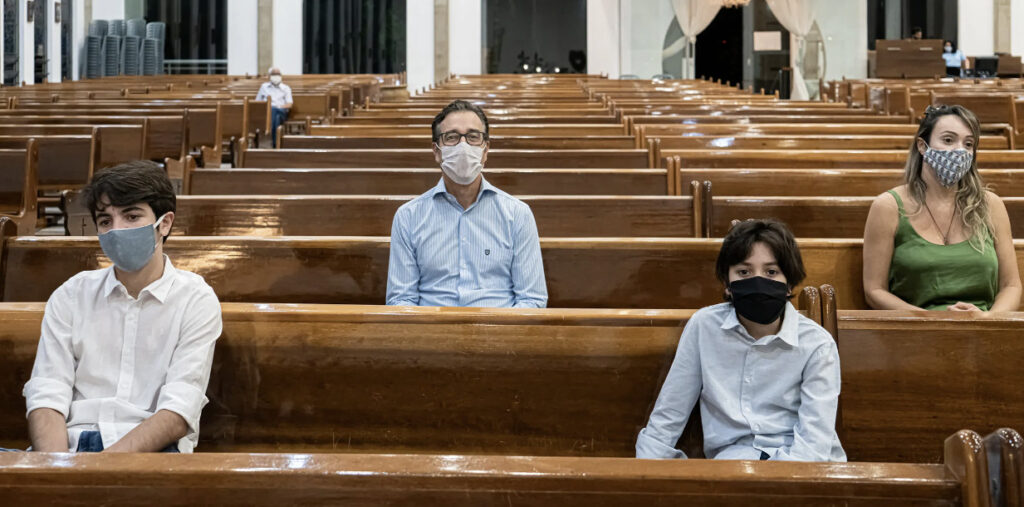 Data for 2021 confirm attendance in the Anglican Church of Canada declined by about 10 per cent that year, after a similar drop in 2020, the church’s statistics officer says, while preliminary findings from 2022 suggest it continued in a steep decline into the third year of the COVID-19 pandemic.
Data for 2021 confirm attendance in the Anglican Church of Canada declined by about 10 per cent that year, after a similar drop in 2020, the church’s statistics officer says, while preliminary findings from 2022 suggest it continued in a steep decline into the third year of the COVID-19 pandemic. 
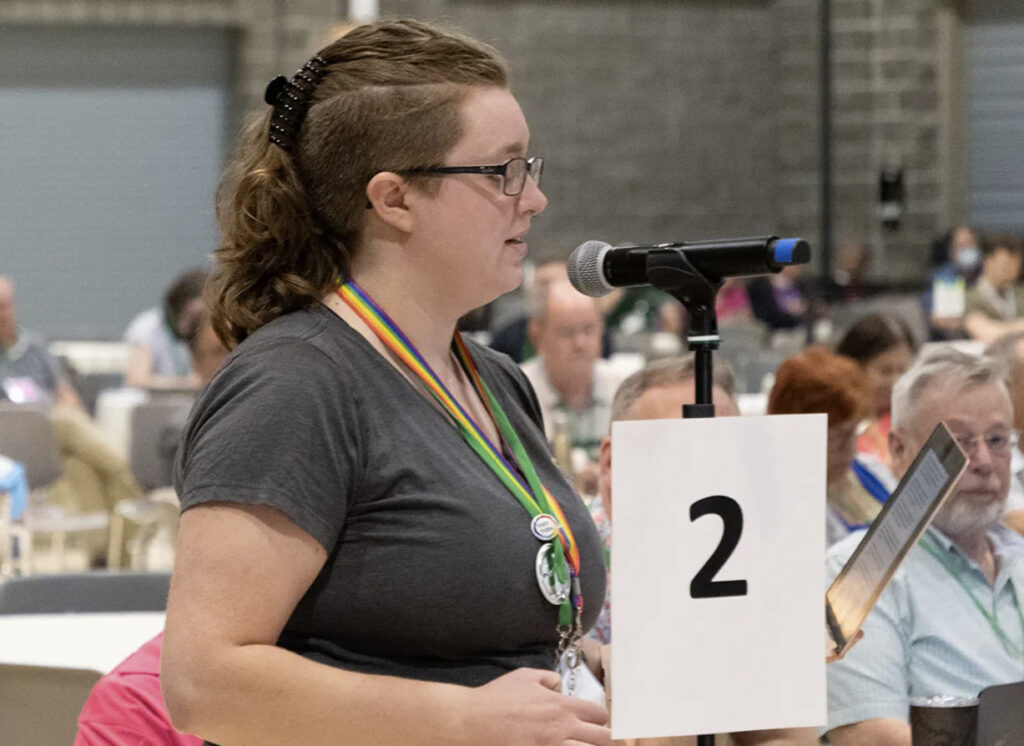 Alex McPhee, lay member from the diocese of Qu’Appelle, spoke in favour. McPhee described how in preparing to attend his first General Synod, he had sent the text of the pastoral liturgies to some transgender friends—all of whom, he said, “not by their own choice, have been hounded out of their birth church communities.”
Alex McPhee, lay member from the diocese of Qu’Appelle, spoke in favour. McPhee described how in preparing to attend his first General Synod, he had sent the text of the pastoral liturgies to some transgender friends—all of whom, he said, “not by their own choice, have been hounded out of their birth church communities.”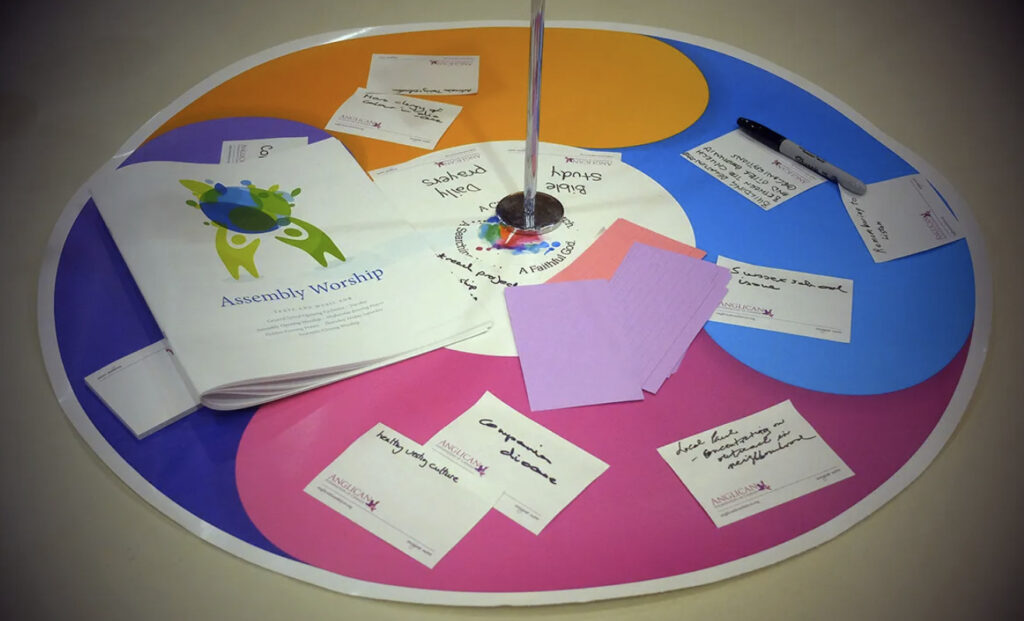 General Synod has overwhelmingly approved five priorities or “transformational aspirations” prepared by the Strategic Planning Working Group (SPWG) to serve as the basis for the Anglican Church of Canada’s new strategic plan.
General Synod has overwhelmingly approved five priorities or “transformational aspirations” prepared by the Strategic Planning Working Group (SPWG) to serve as the basis for the Anglican Church of Canada’s new strategic plan.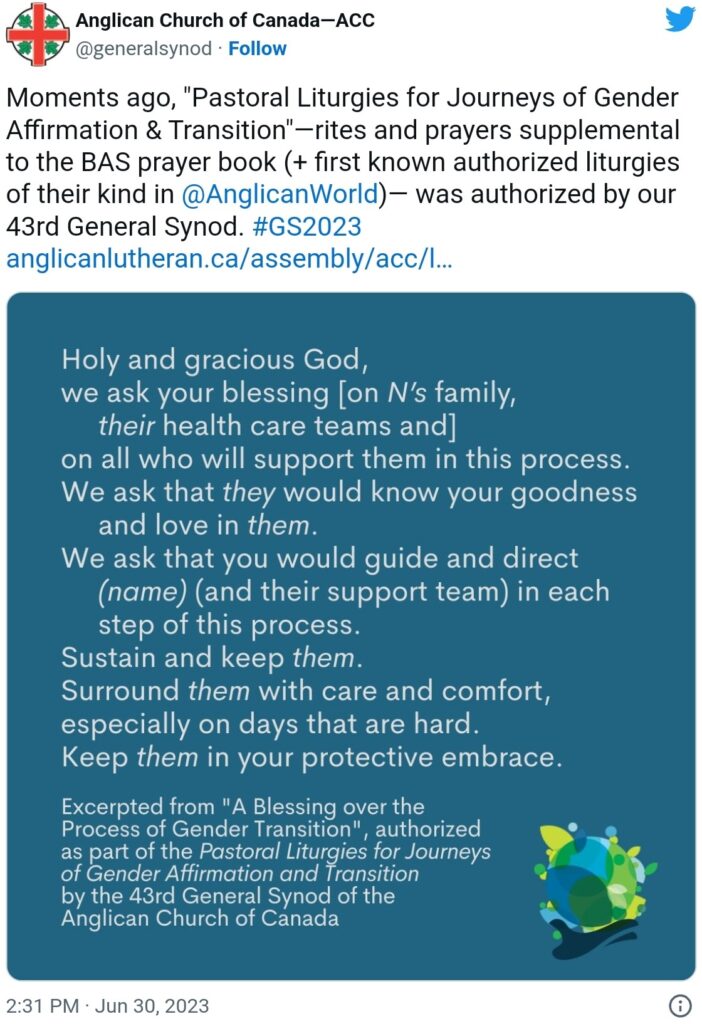
 Leaders of Canadian Anglican, Lutheran, United and Presbyterian churches, including Archbishop Linda Nicholls, primate of the Anglican Church of Canada, met with MPs from the Liberal and Conservative parties April 27 to “advocate for a just and lasting peace in Palestine and Israel,” according to a news release issued on a shared Anglican-Lutheran website the same day.
Leaders of Canadian Anglican, Lutheran, United and Presbyterian churches, including Archbishop Linda Nicholls, primate of the Anglican Church of Canada, met with MPs from the Liberal and Conservative parties April 27 to “advocate for a just and lasting peace in Palestine and Israel,” according to a news release issued on a shared Anglican-Lutheran website the same day.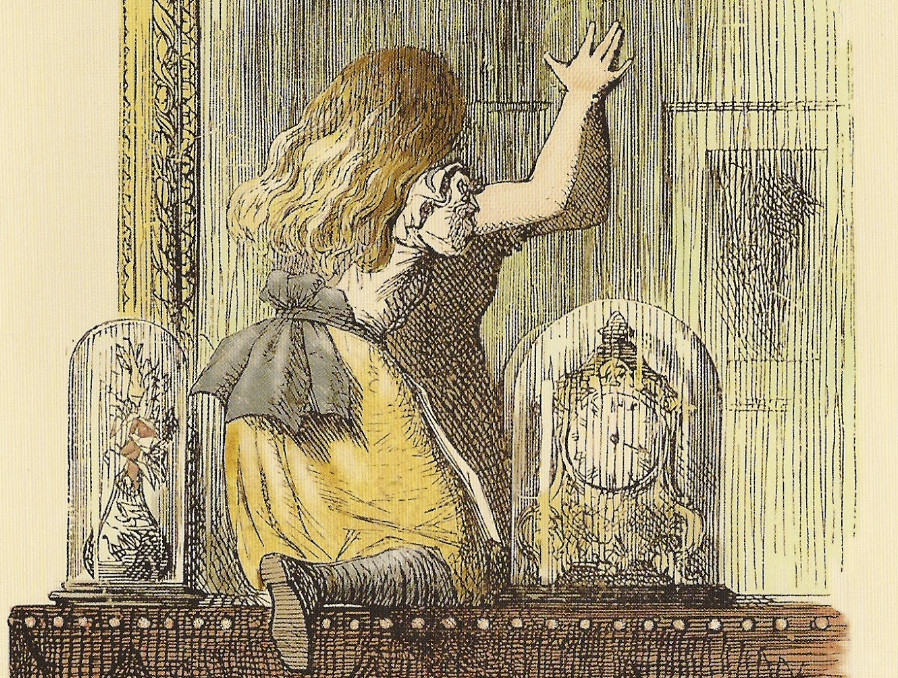 It’s hard to view the determination of Western Anglicanism to impose its obsessive adoration of homosexuality on African churches as anything other than neo-colonialism.
It’s hard to view the determination of Western Anglicanism to impose its obsessive adoration of homosexuality on African churches as anything other than neo-colonialism.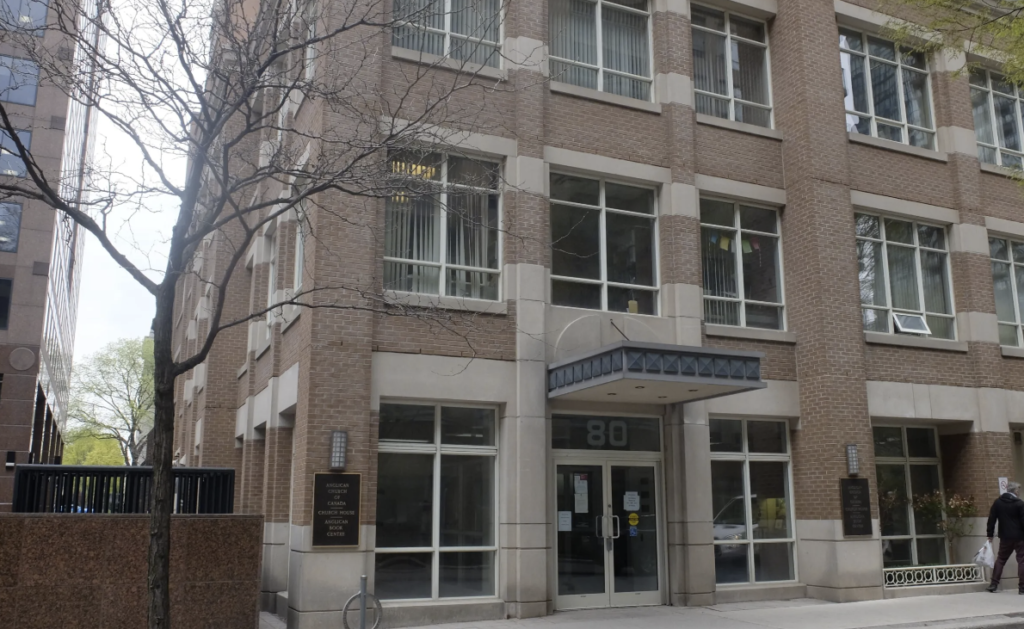 The office of General Synod may move out of its current office in Toronto into space owned by the United Church of Canada, the Anglican Journal has learned.
The office of General Synod may move out of its current office in Toronto into space owned by the United Church of Canada, the Anglican Journal has learned. Some years ago I attended what was supposed to be an ecclesiastical pep talk by the then primate, Fred Hiltz. As I listened to him with drooping eyelids, it occurred to me that his delivery, reminiscent of
Some years ago I attended what was supposed to be an ecclesiastical pep talk by the then primate, Fred Hiltz. As I listened to him with drooping eyelids, it occurred to me that his delivery, reminiscent of